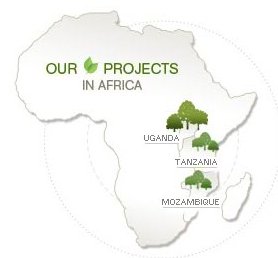In Qatar, at the UN COP18, Bolivia continues fight for Mother Earth
Bolivia’s Proposal: Strengthening Markets Not Based Forest Management
Doha, December 1 (Bolivian delegation in Doha)
The struggle to curb forest carbon markets continues in Doha. Bolivia has raised in the sessions of the Working Group on “reducing emissions from deforestation and forest degradation” the need to take into account the approaches of the document of Rio + 20 that there are a variety of approaches to achieve sustainable development and the need of developing holistic approaches integrated in the framework of harmony with nature.
The Bolivian proposal raises the recognition by the Convention of a “Joint mechanism of Mitigation and Adaptation for the Integrated and Sustainable Management of Forests” as a non-market approach, giving continuity to the achievements made by Bolivia in the COP17 in Durban South Africa the year 2011, with the incorporation in the decisions of this working group to develop approaches that are not based on the markets. This mechanism is based on the non-commercialisation of the environmental functions of forests, the multiple functions of forests, and the strengthening of the Government in the forests.
Bolivia raises the mechanism of mitigation and adaptation as an alternative to REDD + and markets being developed within the framework of the negotiations on climate change to promote emission reductions, although there is still no official recognition to this acronym by countries.
Thus, the Bolivian position in the negotiations of the COP18 passes through the recognition of this joint mechanism under the Convention as an approach that is not based on markets, the establishment of methodologies and procedures for their development and implementation as well as its relationship with public sources for its financing.










